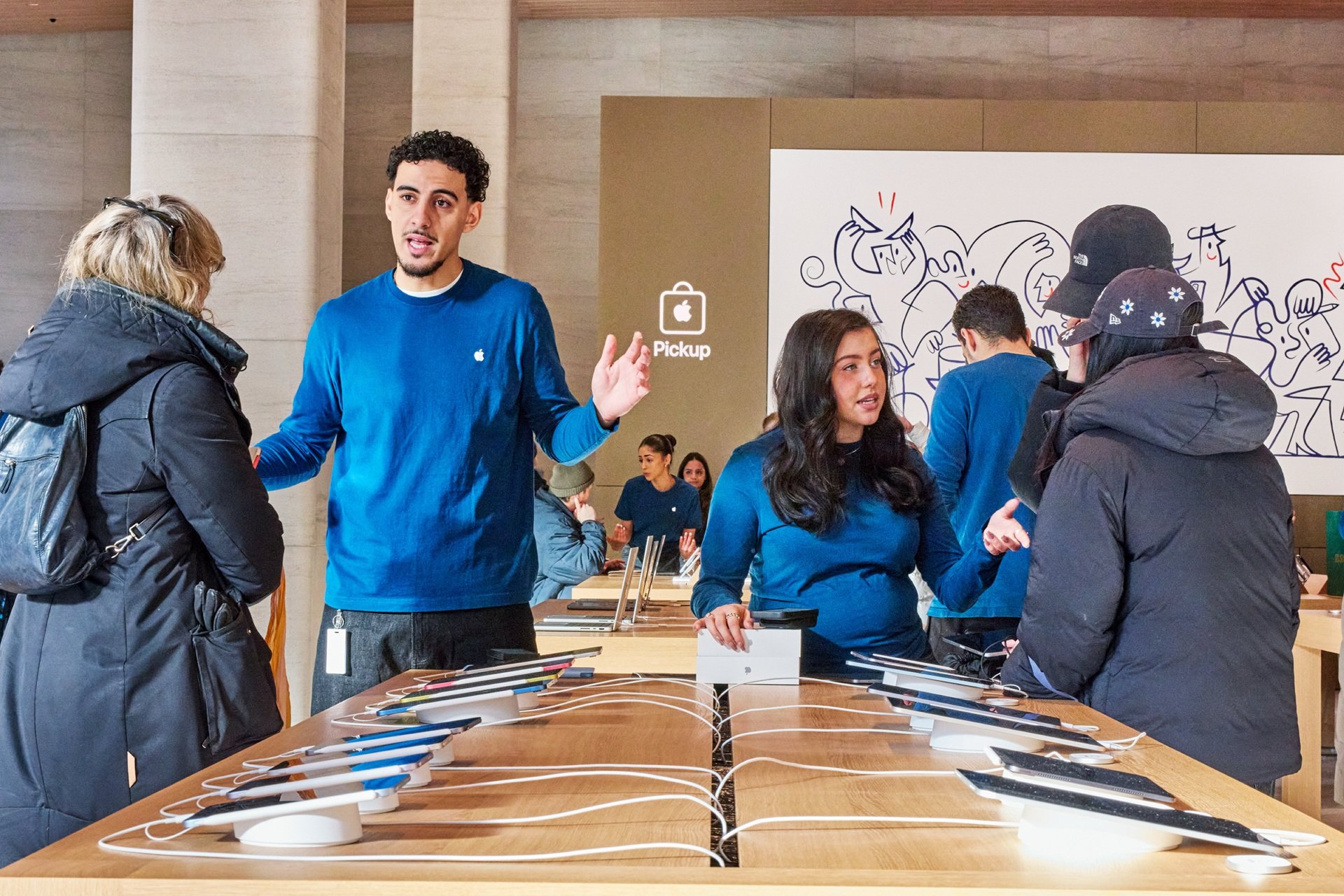Tech stocks are getting hammered today, and Netflix (NFLX +0.40%) is one of its biggest losers. Shares of the video service were trading as much as 8% lower in the morning.
Netflix is a volatile stock, so when the market's down, it isn't a surprise to see the flick magnet take it harder than its peers. However, Reuters is pointing to Apple's (AAPL +0.62%) potential streaming deal with Comcast (CMCSA +1.74%) as the reason for the sell-off.
There doesn't necessarily have to be an excuse for a stock heading lower, especially if we're talking about a blazer like Netflix that was the biggest percentage gainer on the S&P 500 last year. However, marking down Netflix because Apple and Comcast are reportedly in early-stage talks about a streaming platform is premature at best and defies logic at worst.
The story was broken last night by The Wall Street Journal. Sources are saying that the talks center around getting an Apple set-top box to stream content for Comcast subscribers. We're talking about live TV and on-demand offerings, replacing the need for a traditional cable box. Naturally, turning traditional TV into a cloud-based streaming service puts it at the mercy of an Internet service provider's bandwidth, and that's why the two companies are supposedly talking. Harking back to the net neutrality debate, Apple can't settle for Comcast's regular online access. Buffering, service outages, or lower-quality streams would kill Apple's dream before it has a shot to work. However, just as Netflix is now paying Comcast to receive special treatment, Apple's going to have to give up more than it probably wants to if it really wants to succeed in a market that was Steve Jobs' final pet project before he died.
High-def streams suck up a lot of bandwidth, and let's not even get started on the richer 4K standard. However, does any of this really hurt Netflix? Apple seems to have all but given up on the piecemeal TV service that everyone covets. The broadcasters and cable networks aren't going to let folks cherry-pick the channels that they actually watch and forgo the gobs of money that they get bundling worthless packages through cable and satellite televisions providers.
Apple's box will simply make Comcast's product more portable, but it's not going to make it cheaper. Comcast generated an average of nearly $79 a month in video revenue alone from its cable customers, and that's 10 times more than what Netflix charges for its entirely different service. If Apple and Comcast succeed -- and that's still far from likely -- the product isn't going to challenge Netflix on price. By the time negotiations are complete, it will likely not challenge Netflix on convenience, either.
Netflix is certainly due for a breather every now and then. That's not the point. If Netflix is really falling because Apple is dreaming out loud with a partner that has financial incentives to move slowly, then today's sell-off is as overblown as it is off the mark.








